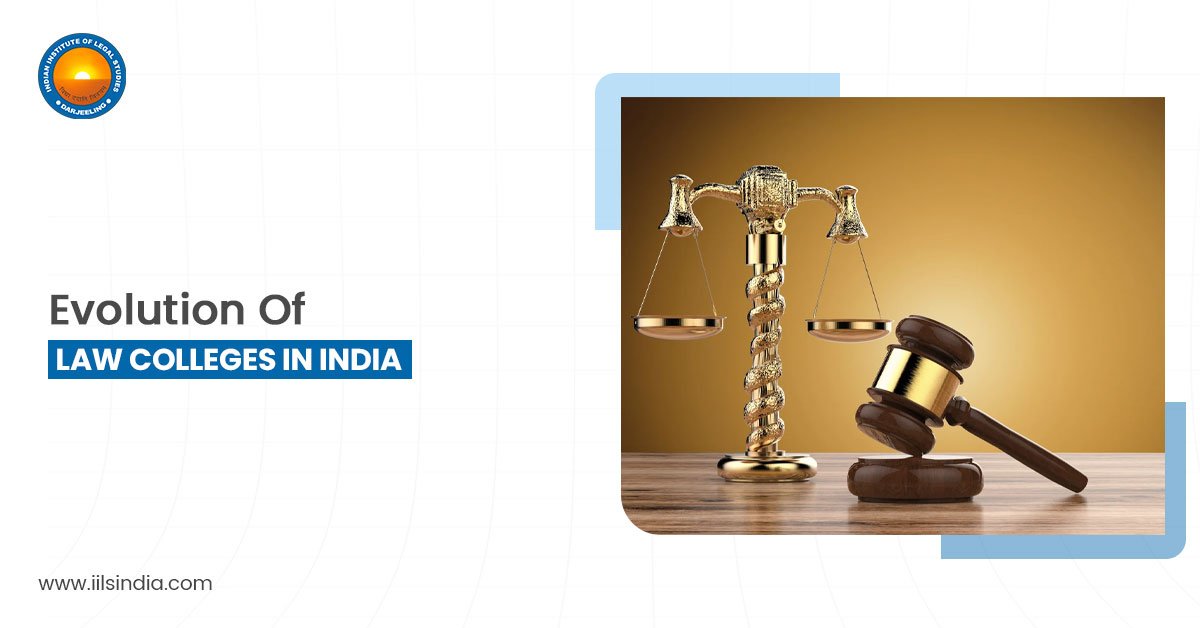Over the years, there have been substantial changes to the Indian legal system. The nation’s legal system has been significantly shaped by law colleges. These organizations have undergone significant change from their modest origins to the contemporary globalized period.
Early Beginnings
In India, the first law colleges were established in the middle of the 1800s. In 1855, the British East India Company founded the Madras Law College, India’s first legal institution. The founding of comparable institutes in Bombay and Calcutta came next.
Expansion and Growth
India experienced an increase in the establishment of law schools in the early 20th century. The establishment of the Bar Council of India in 1920 resulted in the standardization of legal education. During this time, prestigious legal schools were founded, such as the National legal School of India University.
Modernization and Globalization
Indian legal education saw substantial transformations in the 1970s and 1980s. The conventional three-year LL.B. program was superseded by the five-year integrated LL.B. program. This change highlighted the value of practical training and clinical legal education.
Contemporary Era
More than 1,500 law colleges with a variety of undergraduate and graduate degrees may be found in India today. Reforms have been put in place by the Bar Council of India to raise the standard of legal education. Law graduates are guaranteed to achieve basic competency requirements by the All India Bar Examination. Despite advancements, there are still issues facing Indian law colleges, such as poor facilities and little employment options. Nonetheless, these difficulties offer chances for development and creativity. Law graduates now have more options because to developing fields like cybersecurity and intellectual property law.
Future of Legal Education
Law colleges must adapt to new trends and technology as the legal landscape in India changes. Law graduates will be better equipped to handle the difficulties of the twenty-first century if technology is included into the curriculum. This entails adding artificial intelligence-powered tools, virtual moot courts, and online courses to the curriculum.
Role of Law Colleges
The Indian legal system is significantly shaped by its law colleges. A strong justice system is developed as a result of their production of skilled professionals. Law colleges encourage a culture of creativity and inquiry, which advances human rights and access to justice. Students can participate in extracurricular events including debates, legal aid clinics, and moot courts on their platform.
The Indian Institute of Legal Studies, Law College in Coochbehar, is rapidly emerging as a prominent institution in West Bengal. Within a few years of its establishment, the college has been consistently making significant strides in the region, carving a niche for itself as a center of excellence in legal education. As a result, the Indian Institute of Legal Studies, Law College in Coochbehar has become a preferred destination for students seeking quality legal education in the region.
With its strong emphasis on community engagement, the Indian Institute of Legal Studies has established partnerships with various organizations, providing opportunities for students to engage in pro bono work, internships, and other experiential learning activities. This approach has not only enhanced the students' practical skills but also instilled in them a sense of social responsibility.
Within a few years, the Indian Institute of Legal Studies is poised to establish itself as one of the premier law colleges in the country. Its remarkable progress, commitment to excellence, and dedication to nurturing talented individuals will undoubtedly propel it to the forefront of legal education in India.
Conclusion
India’s evolving legal education system is a reflection of the nation’s shifting political, social, and economic milieu. India’s law colleges will be essential in determining the destiny of the nation as it develops further.

